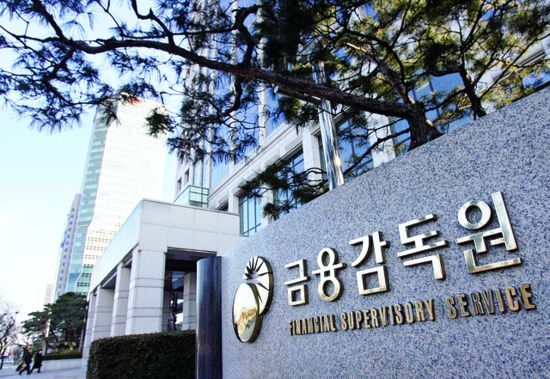금융감독원의 평균 연봉이 9천만을 돌파하면서 이들의 ‘고액연봉’에 대한 논란이 일고 있다.
금융감독이라는 권한의 금감원이 ‘고액연봉’으로 질타의 대상이 되는 금융 공기업과 대형 금융사의 보수 수준을 훨씬 넘어섯다는 점에서 비난의 소리는 더욱 커지고 있다.
국영기관일 경우, 직원들의 연봉을 공개해야 한다는 요건에 따라 최근 금융감독원이 공개한 직원 연봉의 평균은 9천196만원이었다.
이는 기본적으로 지급되는 금액 5천76만원과 고정수당 2천707만원, 성과상여금 683만원, 실적수당 541만원, 그리고 급여성 복리 후생비 186만원으로 구성되어 있었다.
한국고용전문원에 의하면 1.5년의 경력을 가진 대졸직원의 평균 연봉은 2천200만원이다.
금감원 관계자는 몇 명의 고위직들의 연봉이 전체평균을 인상시킨 것 같다고 말하며, “14개의 금융공기업 중 금감원은 8위에 속한다”고 덧붙였다.
공기업 내 ‘신의 직장’으로 꼽히는 금융공기업 중에서도 금감원보다 직원 연봉이 높은 곳은 한국거래소(1억900만원), 예탁결제원(9700만원) 밖에 없다. 295개 공공기관의 지난해 평균 연봉은 6200만원이었다.
이어, 금감원은 전문성이 필요한 금융감독업무 특성상 변호사, 공인회계사 등 고임금 전문인력이 전체의 30%에 달하고 장기근속 인력 비중이 높기 대문에 평균임금이 산대적으로 높다고 해명했다.
한편, 금융감독원의 평균 근속 연수는 17.1년이다. (코리아헤럴드)
<관련 영문 기사>
Financial regulator under fire for overpaying employees
The Financial Supervisory Service, Korea’s financial regulator, is facing heat for paying excessively high annual salaries to its employees amid mounting worldwide criticism against overpaid executives in the financial sector.
The controversy escalated as the FSS recently posted last year’s average
annual salary of its employees. Payrolls of all state-controlled organizations are required to disclose their salaries.
The financial regulator’s average annual salary in 2012 – 92 million won ($81,000) before taxation – was considerably higher than for most Korean workers.
The FSS’ 92 million won salary included a 58 million won basic salary, a 27 million won bonus, a 5.4 million won incentive and an additional 8.7 million won for miscellaneous rewards, the regulator’s data showed.
The amount rose slightly by about 1.9 percent over the past five years.
This latest disclosure triggered criticisms nationwide that its annual salary is far too high for a state-run organization.
The average annual salary of a Korean employee with 1.5 years of experience and a college diploma is about 22 million won, according to the state researcher Korea Employment Information Service.
What further fanned the flame was the financial watchdog’s launch of a full-fledged investigation into overpaid chief executives of domestic financial companies.
Some FSS officials were skeptical about the 92 million won salary until they realized that those figures were from the FSS’ official website.
“Even a team leader who has worked for 15 to 17 years at the FSS cannot make that much,” one official said.
The regulator released a statement to ease the overpayment controversy, stating that not all FSS employees are paid as high as reported.
“Some of the highest-paid FSS employees increased the average salary of the whole staff,” the statement wrote. “Among the 14 state-controlled financial institutions, the FSS ranks eighth.”
The FFS noted that some state financial organizations offered even higher average annual salaries, such as 113.6 million won at the Korea Exchange, 100.8 million won at the Korea Securities Depository, 93.9 million won at the Bank of Korea and 93.6 million won at the Export-Import Bank of Korea.
The FSS also argued that 356 out of its some 1,700 officials are lawyers, accountants and Ph.D. holders who are naturally paid higher salaries than the rest.
“The officials at decent private banks are paid about 15-20 percent higher than we are,” an FSS official said.
FSS officials have an average 17.1 years of service, with a large portion being as high-paid seniors, the FSS data showed.
By Chung Joo-won
(
joowonc@heraldcorp.com)








